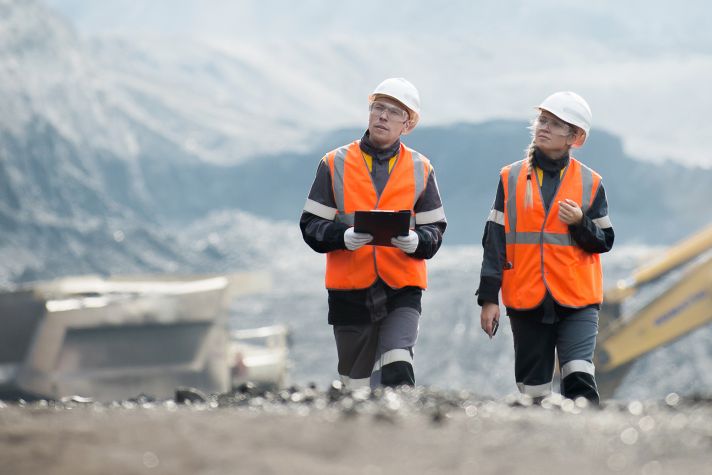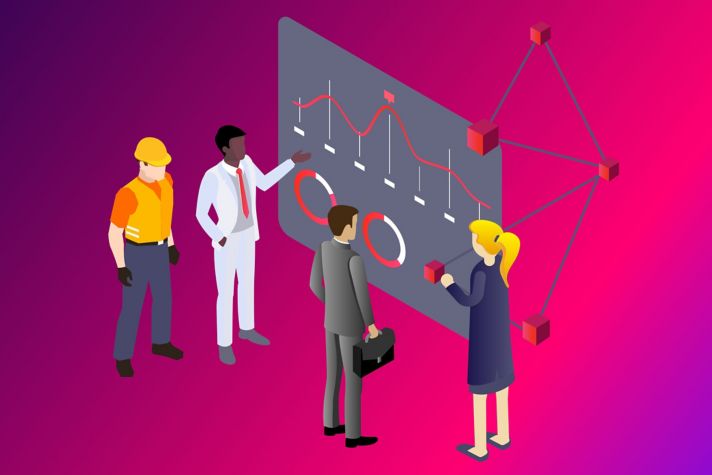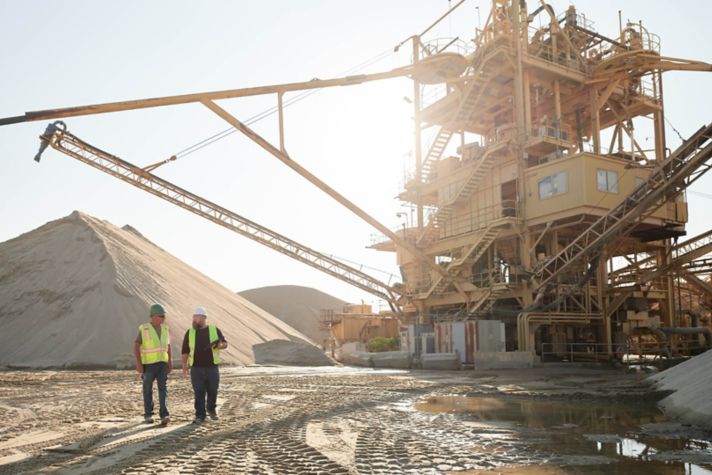-
 Global
Global-
Africa
-
Asia Pacific
-
Europe
-
Latin America
-
Middle East
-
North America
- |
- BUSINESSES
- |
- Contact
- |
-
 Global
Global-
Africa
-
Asia Pacific
-
Europe
-
Latin America
-
Middle East
-
North America
- |
- BUSINESSES
- |
- Contact
- |
You are browsing the product catalog for
You are viewing the overview and resources for
- News
- 3 Tips to Run Operations Remotely
3 Tips to Run Operations Remotely
Here's how technology keeps industrial facilities operating from a distance
As a global pandemic spreads around the world, companies are looking for ways to change how they work. This includes refineries, chemical plants and manufacturing facilities. And the change must happen as fast as possible.
“What’s happening around us is unprecedented,” said Prabhu Soundarrajan, a software leader for Honeywell Process Solutions (HPS), which helps industrial customers around the world operate safe, reliable, efficient, sustainable and more profitable facilities.
Businesses and workers are having to figure out a new way of life and work, including in labor intensive industries, he said.
But proven and secure digital tools can make that transition easier.
That was the case at one of our plants -- a plastics manufacturing facility in Orange, Texas. When coronavirus was starting to take hold in the United States, it quickly became clear that the operating model of having everyone on-site at the plant would have to change. Remote working software was quickly implemented and running without missing any production.
"Within several hours of time, a site that could only operate within the four walls of the plant all of a sudden operate from other parts of Honeywell, from regional or corporate offices, from other plants," said Jason Urso, Chief Technology Officer for HPS. "And it can be done in a way that is completely cybersecure with protections that are truly mandatory in a critical process control facility like the one that we have in Orange, Texas."
This test on our own manufacturing helps us do the same for others. “By using technology, what we’re seeing is how we can help our customers perform remote work while access to the workplace is limited,” Prabhu said.
Here are three tips for managing operations from afar:
1. Support the critical teams who are on site
To keep workers safe and comply with social distancing guidelines that urge people to stay at least six feet apart from one another, the number of onsite employees need to be reduced.
Only workers who absolutely must be in person to do their jobs should be there.
This will help protect employees who are there and keep operations running reliably. It’s critical you support them with safety equipment, and use tools like digital video manager for the security of the site, and checking access badges, so you are clearly aware of who is on site at all times.
2. Bring in proven and secure technology
This is where software makes all of the difference.
Physical equipment and devices can be monitored remotely with a secure app. For example, our Measurement IQ for Gas technology gives natural gas operators visibility of the entire metering operation all on a mobile device.
Software powers those tools and provides real-time insight into asset health and efficiency, Prabhu said. “We’ve been doing this for big industrial facilities using our Experion platform.”
Remote operations is a way to view your entire enterprise online so you have full view to everything happening onsite with the data coming back to a remote operations center.
Honeywell Forge for Industrial can view at a plant and an asset level and see where there are risks or opportunities where they can increase production to improve profitability and operations.
3. Take advantage of virtual support
Technical service and support can be done remotely as well. That includes remote consultation and maintenance, video collaboration and troubleshooting and virtual training.
This can be done by an “on-call” operator. With a wearable device, workers can help show the remote team exactly what the issue is. That allows troubleshooting in real time.
If there is a production problem, systems can be accessed and the team work together to solve the problem remotely. That helps equip the worker that performs critical and essential work with the best knowledge that they need to do the job and maintain uptime, Prabhu said.
Modernization can also happen through plant automation and cybersecure software updates.
And as teams are learning these new ways to work, virtual training, using augmented reality technology, can make it possible to enhance skillsets and help everyone get up to speed as quickly as possible.
Copyright © 2025 Honeywell International Inc.




